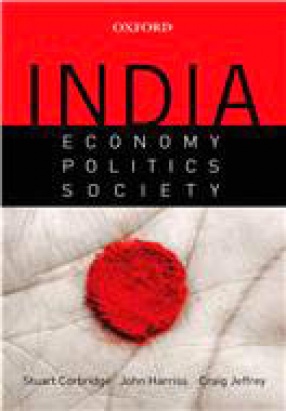Power Matters: Essays on Institutions, Politics and Society in India
Questions about power in society are obscured by dominant modes of thought in the social sciences. Class relationships—which are relations of power—used to be seen as the motors of change in society. Now, they are often regarded as being much less significant than struggles over identity or nature. Analyses of power and of class relations have been swept aside by the ascendancy in the social sciences of approaches based on the idea of individual rational choice and post-modernist thinking. Going against these current modes of thinking, the essays in this book—which range widely from agriculture to India's big business families, and from economics to politics—develop the view that class relations continue to explain a great deal of what happens in societies. Notably, they influence patterns of economic growth and change, the distribution of assets and incomes, and the forms and functioning of political institutions. The author argues that it is in the interests of the powerful to paper over the significance of class relationships as happens in the depoliticizing discourse of development. This is also true in currently fashionable uses of ideas like those of 'civil society' and 'social capital'. The book shows that power does matter, and must be central in social analysis. The essays also highlights that 'culture matters' because all human action is culturally embedded. They show how culture both affects and is affected by power relations and, therefore plays a fundamental role in the perpetuation of inequality.
Get it now and save 10%
BECOME A MEMBER










Bibliographic information